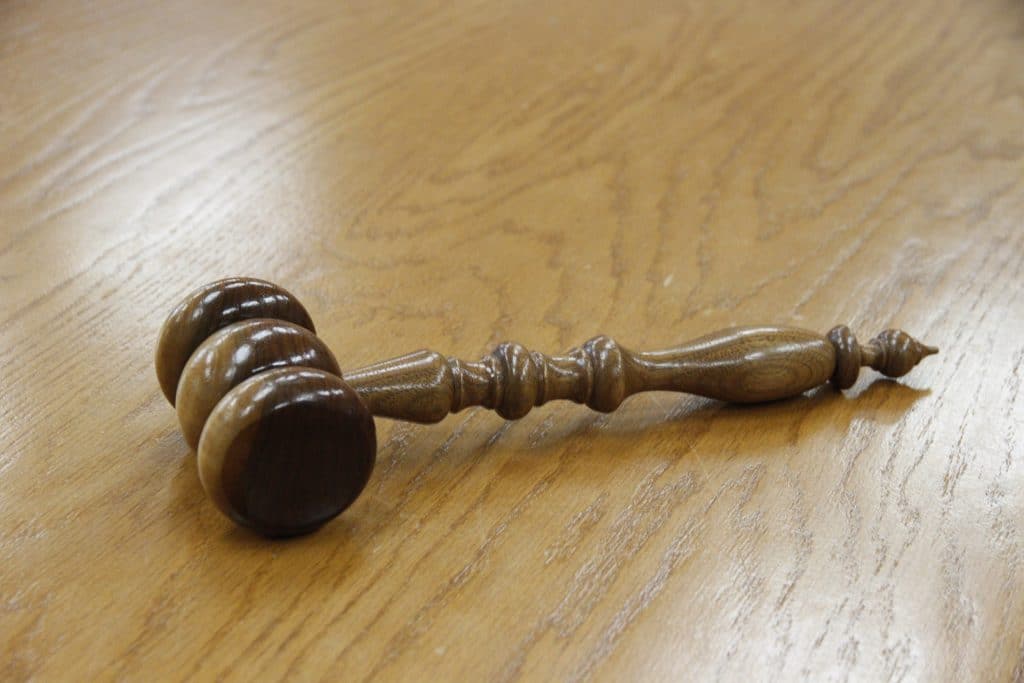The New Jersey Senate and House of Representatives recently passed a bill to extend the state’s sexual abuse statute of limitations. The Governor has indicated he supports the bill. However, NJ sex abuse survivors are still waiting for him to sign the bill into law.
The new legislation will give NJ sex abuse survivors until they are 55 years old, or within seven years of realizing they were abused, to file a lawsuit against their abusers. It also provides a two-year window to bring cases for victims who the previous statute of limitations barred from suing their abusers.
Despite child sex abuse being continually thrust into the spotlight in recent decades, it has taken the better part of two decades for this critical legislation to expand NJ sex abuse victim rights to pass both the House and Senate.
“It’s been introduced every voting session that we’ve had over the past 17 or 18 years,” said state Senator Joe Vitale, D-Middlesex. Vitale is the bill’s lead sponsor.
According to Vitale, opposition from the Catholic Church has prevented the bill from receiving the necessary legislative support. However, he believes the tide is now changing.
“To a person, they all knew that it was happening, not just in the church but in the Boy Scouts and other institutions, and individual homes for that matter,” he said.
NJ Sex Abuse Survivors Still Waiting for the Governor’s Signature

New Jersey Governor Phil Murphy indicates he supports the statute of limitations extension. But he has still not signed the bill into law despite it clearing both NJ legislative bodies.
Some NJ sex abuse survivors believe this delay could be tied to institutional push back – namely, the Catholic church.
In New Jersey, the Catholic church has lobbied heavily against similar legislation. However, the church now suggests it agrees with the general principal.
However, it is still asking legislators to delay the law’s actual implementation to allow victims to file claims through the church’s own victims’ compensation program rather than going through the legal system.
“[It is] a program that provides victims with a speedy, transparent, and non-adversarial process to resolve their claims,” said the executive director of the New Jersey Catholic Conference, Patrick Brannigan, of the church’s fund. “Litigation for some victims is a re-traumatization with depositions and court appearances.”
However, for NJ sex abuse survivors like Todd Kostrub, financial compensation is not the main reason to file a lawsuit. Kostrub was sexually abused by a Franciscan brother in Kostrub’s parish from 1974 to 1985. The abuse started when Kostrub was only seven years old.
Kostrub could not accept or acknowledge the abuse and disclose it to family and close friends for years. When he finally gathered the strength to hold his abuser accountable in court, the state’s current two-year statute of limitation had already run out.
“You don’t have a voice as a child,” he said. “And then to be an adult and be told I don’t have a voice was extremely painful.”
Kostrub wants file a lawsuit to discover why the church initially transferred his abuser from Michigan to New Jersey and if there are more victims in his wake.
“I think it’ll help me as a victim and a survivor to know the full story,” he said. “It’s my story. I’m the one who paid the price for that story. He didn’t pay the price. I paid the price — with my soul.”
Sex Abuse Legislation is Getting a Full Overhaul Nationwide
According to the founder and CEO of Child USA, Marci Hamilton, this year, 35 states are deciding on legislation to expand time limits for filing sex abuse claims.
“This is the most active year in history on statute of limitations issues,” Hamilton said.
Recently, New York expanded its civil sexual abuse statute of limitations. Dozens of other states, including California, are considering similar legislation.
“I think we’ve reached a point where the public is finally 100 percent behind the victims,” Hamilton said. “Nobody seems to be afraid anymore of the institutions.”
Advocates attribute this increased legislative action to last year’s Pennsylvania grand jury report on sex abuse in the church, as well as sexual harassment reporting by the media in the face of the #MeToo movement, shedding new light on sexual abuse and assault.